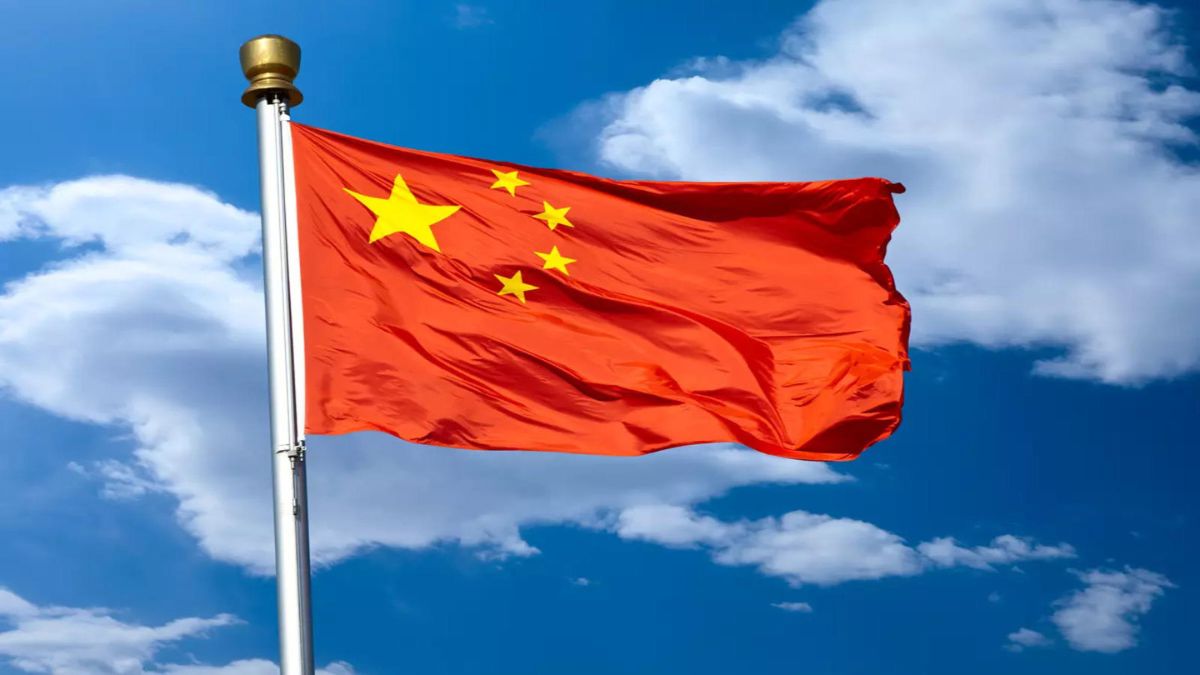China is leading the global race in generative artificial intelligence (AI) patents, according to a new United Nations report. From 2014 to 2023, China filed more than 38,000 generative AI patents, far exceeding the number filed by U.S.-based inventors. The UN World Intellectual Property Organization highlighted China’s dominance in this emerging field.
Key points:
- China’s Patents: 38,210 generative AI inventions
- U.S. Patents: 6,276
- Other Countries: South Korea (4,155), Japan (3,409), India (1,350)
Generative AI enables users to create content like text, images, music, and videos. These patents represent 6% of all AI patents worldwide.
Top Generative AI Patent Applicants (2014-2023):
- Tencent: 2,074 patents
- Ping An Insurance: 1,564 patents
- Baidu: 1,234 patents
- Chinese Academy of Sciences: 607 patents
- IBM: 601 patents
- Alibaba Group: 571 patents
- Samsung Electronics: 468 patents
- Alphabet: 443 patents
- ByteDance: 418 patents
- Microsoft: 377 patents
China has made substantial strides to catch up with global leaders like OpenAI, which launched ChatGPT in November 2022, and major U.S. tech firms such as Microsoft and Google. In response, Chinese tech giants Alibaba and Baidu have introduced their own large language models (LLMs).
In May, China announced a three-year “action plan” to advance AI technologies, focusing on AI chips, generative AI, and national computing power to foster technological and economic growth.
According to Wei Sun, senior consultant at Counterpoint Research, China’s success in generative AI will depend on real-world application deployments that could potentially surpass U.S. advancements.
Patent Focus:
- Image and Video Data: 17,996 patents
- Text: 13,494 patents
- Speech or Music: 13,480 patents
The UN report aims to help policymakers guide the development of generative AI for global benefit.


